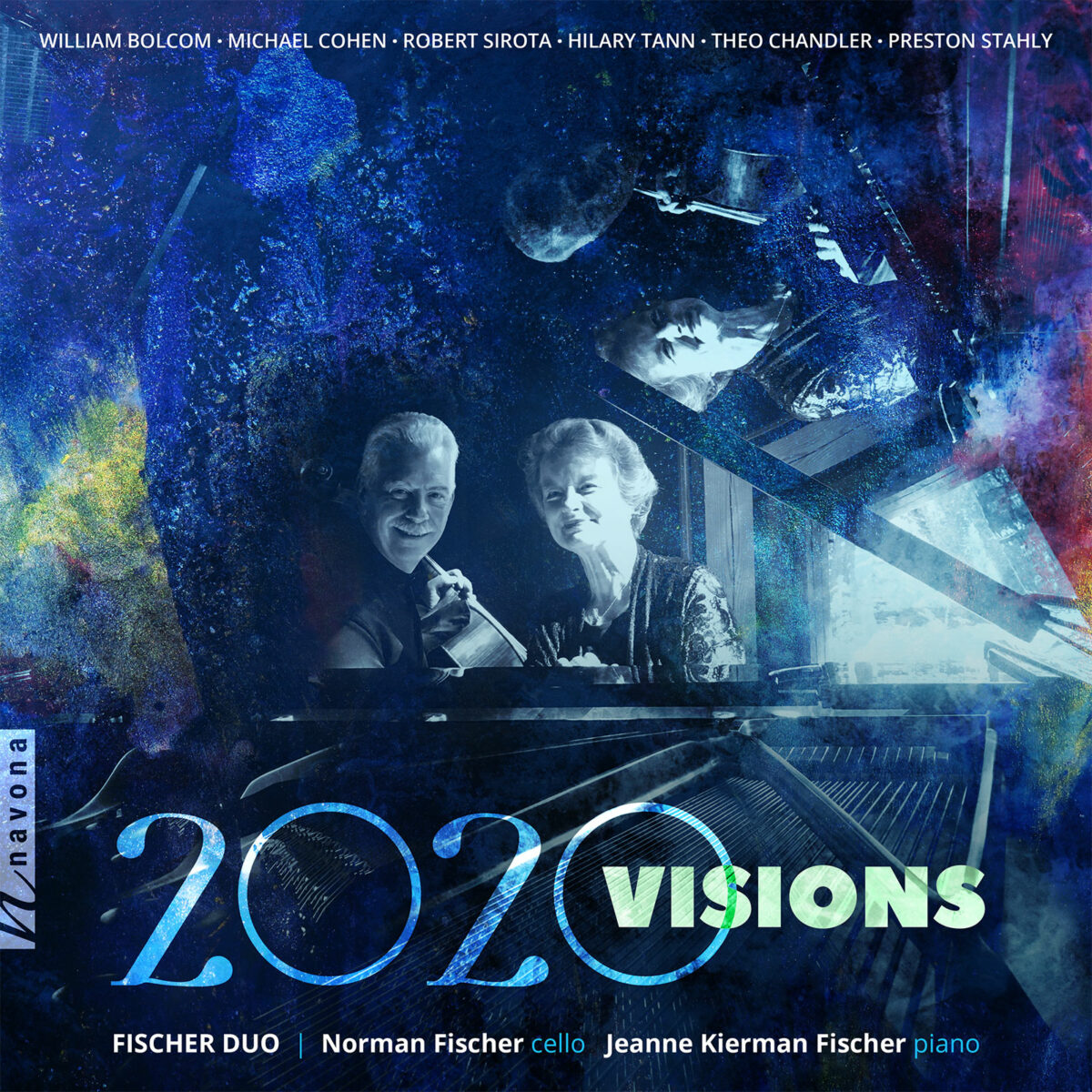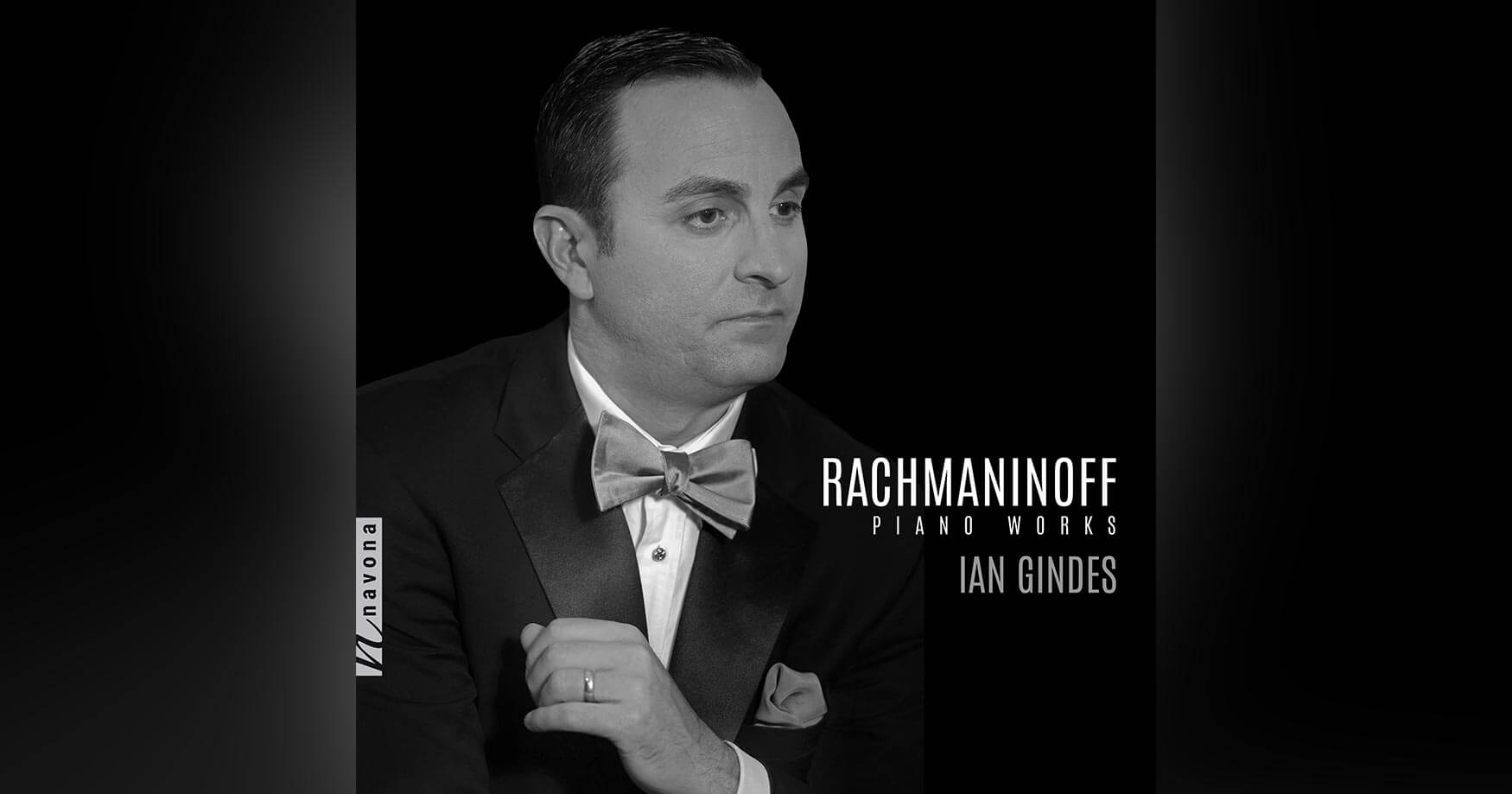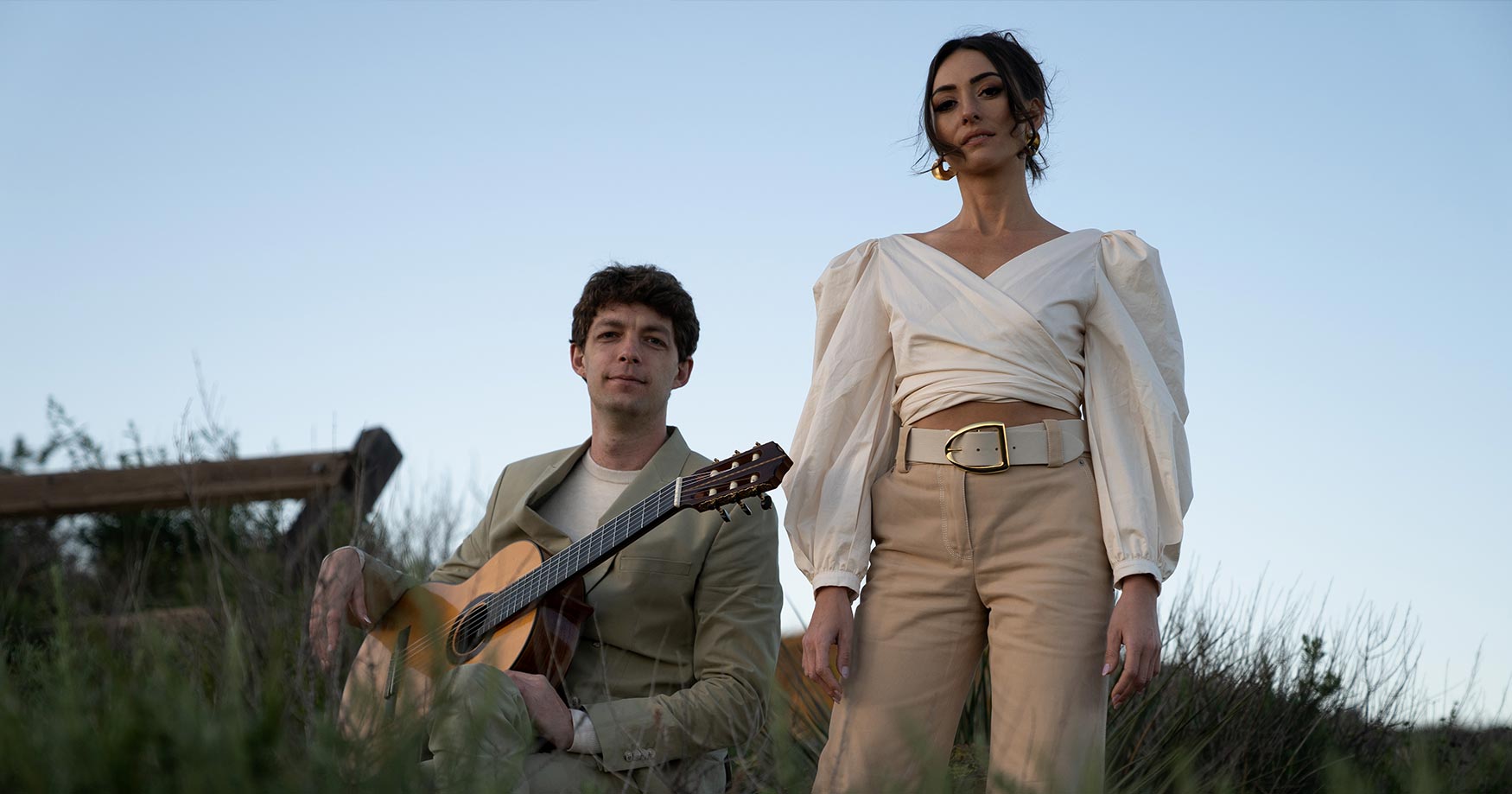Navona Records presents 2020 VISIONS from the Fischer Duo, celebrating the piano-cello group’s 50 years of performances together. The pair celebrated the anniversary of their formation in 1971 during the height of the pandemic; though the performance was given virtually, the resulting recording is a declaration of love and resilience. This album features three works commissioned for the Duo including Pulitzer Prize and GRAMMY Award-winning composer William Bolcom’s Second Sonata, as well as three recent compositions from promising new composers. Expressing the pain of loss as well as the hope for a better tomorrow, 2020 VISIONS showcases this duo’s versatility and musicianship.
Today, Norman Fischer and Jeanne Kierman are our featured artists on “The Inside Story,” a blog series exploring the inner workings and personalities of our composers and performers. Read on to learn how Norman’s childhood in a musical environment pushed him to be a professional artist, and why Jeanne believes that curiosity is the key to creativity…
What are your other passions besides music?
Jeanne Kierman: I’m an artistically focused person and love all the arts, but there is something special about gardening. It involves planning, preparations, and planting, and then it is mostly done. The weeding and nurturing is fun and gets me outside.
Norman Fischer: I’ve always loved history and have read throughout my life. My searches for unusual repertoire use a lot of these skills and I get very excited when I find very worthy artistic voices to champion.
Do you have any specific hopes about what this album will mean to listeners?
JK: The theme of the album is resilience and hope. After COVID-19 and the turbulence around the 2020 election, there was a real feeling of fragility and our vulnerability against forces out of our control. Each work on the album deals with this idea in some way. The Cohen deals with hope after the horrors of the holocaust. The Tann has a profound connection with nature and our relationship to it. The Stahly is a perfect way to end the program with COVID-19 hopefully in the rear view mirror.
NF: Of course, this is also a celebration of our performing together for 50 years. The Bolcom, Sirota, and Chandler were written for this occasion and we are so honored to present all three of these astonishing works. I am expecting that in a few years these works will be programmed in many cello recitals. The Sirota is so tender, loving, and beautiful as portraits of our family members. In the Chandler we witness a fascinating set of musical journeys as a chameleon changing but in musical characters. The Bolcom is a masterpiece, and captures Bill at the top of his creative self.
If you could collaborate with anyone who would it be?
JK: Norman
NF: Jeanne
What were your first musical experiences?
NF: Although my father was a businessman, his greatest love was music and there was a great deal in the house. All my siblings played instruments and two of us are professional. Singing has been part of my life from the beginning and I loved it as a child. I was active in the youth choir and remember seeing the original broadcast of Menotti’s Amahl and the Night Visitors on our tiny TV screen. When my Dad got the album, I learned This is My Box off the record and sang it everywhere. I started piano lessons at 8 and switched to cello at 10. Summers were spent at Interlochen and that certainly accelerated my progress. But I still think like a singer when I play and also have sung some opera roles as an adult.
JK: Two factors were always present in my growing up. Because my father was in the foreign service we moved to a different locale every 2 years, and my mother was a Juilliard-trained pianist, so there was always music in our house. My parents were always listening or making music. In Kenya, my father conducted the church choir and my mother learned the organ. They also loved Gilbert and Sullivan. I started the piano when I was 6 in Karachi and I played the cello for a few years when I was 8 or 9 in Arlington VA but had to give that up when we moved to Africa.
Who are your musical mentors?
JK: My mother was for sure. I was in awe of her sight-reading and ability to play by ear and improvise. The pianist Lamar Crowson had a big impact when he worked with me in Kenya. He made me understand what it would be like to be a professional pianist. I studied with William Masselos when he was at Catholic University and I was in high school. His command of the highest values of music were constantly stimulating my imagination of what was possible. Mile Mauney was my teacher at Oberlin and helped me in the most practical and efficient ways. Although I only coached with him, Gilbert Kalish continues to be such an example of a person always looking for the truth in music.
NF: There were three men who pushed me to higher levels of musical thought and execution. Richard Kapuscinski was my cello teacher at Oberlin who inspired me with his indefatigable energy and dedication to teaching, music and the cello. Robert Mann was a consummate musician and taught me thousands of lessons about chamber music. George Rochberg pushed me to levels of commitment and passion that I didn’t know I had. Also I have to say that my three colleagues in the Concord Quartet (1971-87) were my daily teachers and fellow travelers.
What advice do you have for young musicians?
JK: Stay curious and creative. One must look outside the box of what a career in music can be. Playing in a professional orchestra is not the only way to a life well-supported. I had a Rice student many years ago who was never supported financially by his family. So he reached out to many local Houston families with several children, offered lessons to each one in piano and/or guitar and asked the family if he could present concerts in their home for their neighborhood friends. This led to moving to New York City and doing the same thing there while he was getting his master’s degree at Juilliard. Through previous connections, these “House Concerts” started happening in different places in the world, Europe and Asia, with his notion that there is literally no end to the concert houses/apartments that were available to him. He has created music study through these house concerts as well, and what a rich life he has established for himself and all of his admirers.
NF: I completely agree with Jeanne about staying curious. The repertoire available to us (and also not yet written) is enormous, and there are treasures everywhere and people that are also curious. We are grateful for the deeply moving canonical works in our repertoire for sure, but music is so universal that it can speak in many ways to many people. Many of my “epiphany moments” happened by working with composers and I would encourage young musicians to seek out composers of their own generation to support and perform. Our friendship with Robert Sirota is one such relationship of many.
Fischer Duo’s Latest Release
2020 VISIONS
2020 VISIONS is available now from Navona Records. Click here to visit the catalog page and explore this album.
The views and opinions expressed in this post are those of the artist and do not necessarily represent or reflect the views and opinions held by PARMA Recordings LLC and its label imprints, subsidiaries, and affiliates.




